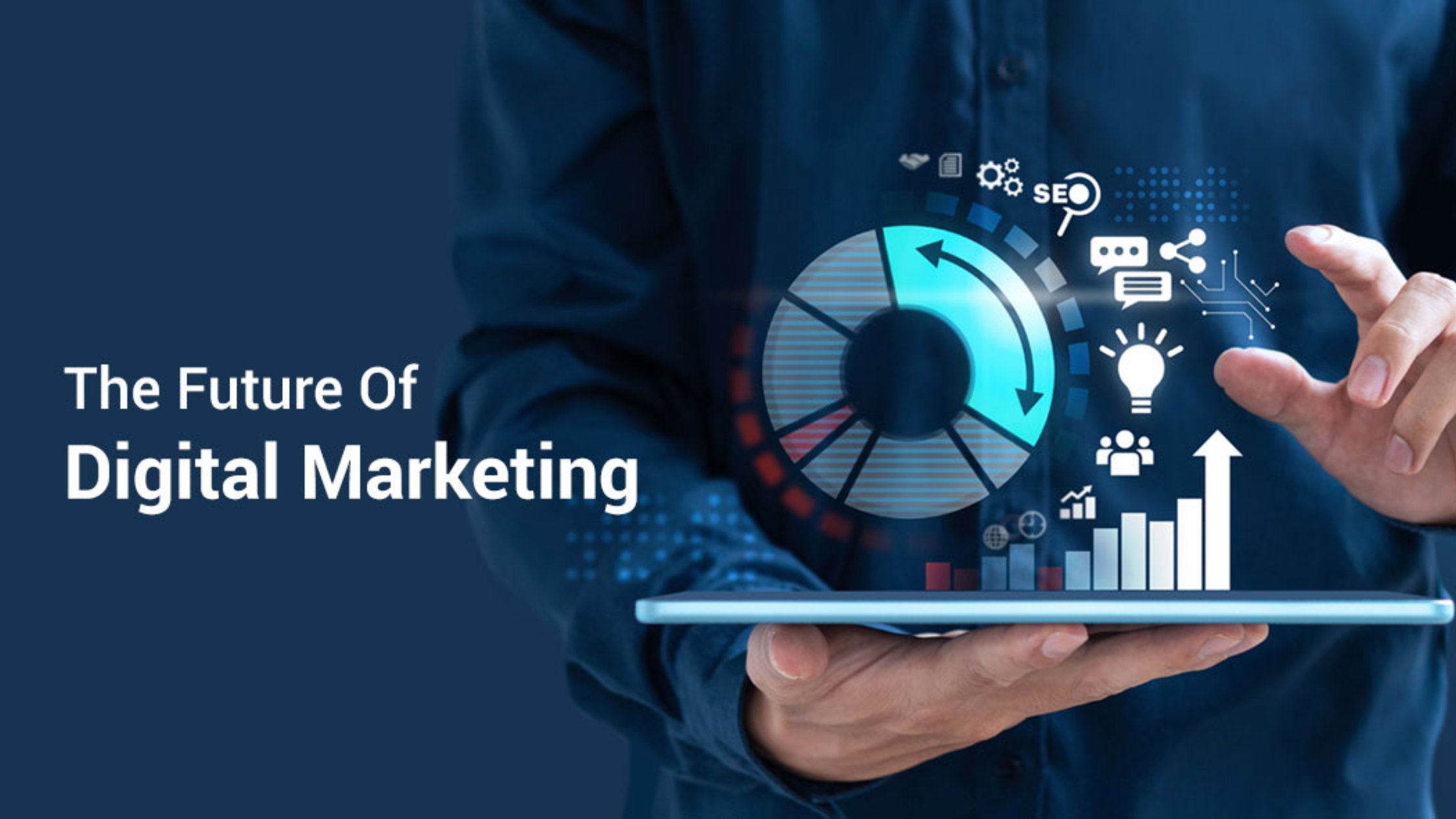In the bustling world of commerce, where attention is the ultimate currency, digital marketing has emerged as the cornerstone of modern business strategies. Through the adept use of online platforms, businesses can connect with their audience in more personalized and impactful ways than ever before.
Evolution of Digital Marketing
Gone are the days of traditional advertising methods dominating the market. From print media to television commercials, marketing tactics have evolved alongside technological advancements. With the advent of the internet, digital marketing paved the way for targeted campaigns and real-time analytics, revolutionizing the way businesses engage with consumers.
Current Trends in Digital Marketing
Social Media Marketing
Platforms like Facebook, Instagram, and Twitter have become invaluable tools for marketers to reach their target demographics. With billions of active users, social media offers unparalleled opportunities for brand exposure and engagement.
Content Marketing
Content remains king in the digital realm. Whether it’s blog posts, videos, or infographics, compelling content serves as the foundation for effective marketing campaigns, driving traffic and fostering brand loyalty.
Influencer Marketing
Influencers wield significant influence over their followers’ purchasing decisions. By collaborating with influencers, brands can leverage their credibility and reach a wider audience authentically.
Challenges Faced in Digital Marketing
Despite its myriad benefits, digital marketing is not without its challenges. From fierce competition to ever-changing algorithms, marketers must navigate a complex landscape fraught with obstacles.
Emerging Technologies in Digital Marketing
Artificial Intelligence and Machine Learning
AI-powered tools are revolutionizing digital marketing by automating processes, personalizing user experiences, and predicting consumer behavior with unprecedented accuracy.
Virtual Reality and Augmented Reality
Immersive technologies like VR and AR are reshaping the way brands interact with consumers, offering unique opportunities for experiential marketing and product visualization.
The Future Landscape of Digital Marketing
Personalization and Customer Experience
As consumers demand more personalized experiences, marketers must prioritize tailor-made content and seamless customer journeys to foster brand loyalty.
Voice Search Optimization
With the rise of voice-activated devices like smart speakers and virtual assistants, optimizing content for voice search is becoming increasingly crucial for maintaining visibility in search engine results.
Video Content Dominance
Video continues to reign supreme as the most engaging form of content. Brands that invest in high-quality video production and storytelling will stand out in an increasingly crowded digital landscape.
Adapting to the Future
Importance of Data Analysis
Data-driven insights are indispensable for optimizing marketing strategies and identifying emerging trends. Marketers must harness the power of analytics to stay ahead of the curve and make informed decisions.
Agility and Flexibility
In an era of rapid technological advancements, adaptability is key. Marketers must embrace change, experiment with new techniques, and pivot quickly to capitalize on emerging opportunities.
Conclusion
As we peer into the future of digital marketing, one thing is certain: change is inevitable. By staying abreast of evolving trends, harnessing the power of emerging technologies, and prioritizing customer-centric strategies, businesses can position themselves for success in an ever-shifting landscape.
FAQs
- What role will artificial intelligence play in the future of digital marketing?
- AI will play a pivotal role in automating tasks, personalizing user experiences, and predicting consumer behavior with unparalleled accuracy.
- How can businesses stay ahead of the competition in the digital realm?
- By prioritizing innovation, embracing emerging technologies, and fostering agility and adaptability within their marketing strategies.
- What are the benefits of incorporating video content into marketing campaigns?
- Video content is highly engaging, easily shareable, and helps convey complex messages in a visually compelling manner, thereby enhancing brand visibility and engagement.
- Why is personalization important in digital marketing?
- Personalization helps brands forge deeper connections with consumers by delivering tailored content and experiences that resonate with their individual preferences and interests.
- How can businesses leverage influencer marketing effectively?
- By collaborating with influencers whose values align with their brand, fostering authentic partnerships, and measuring the impact of influencer campaigns through key performance indicators.


